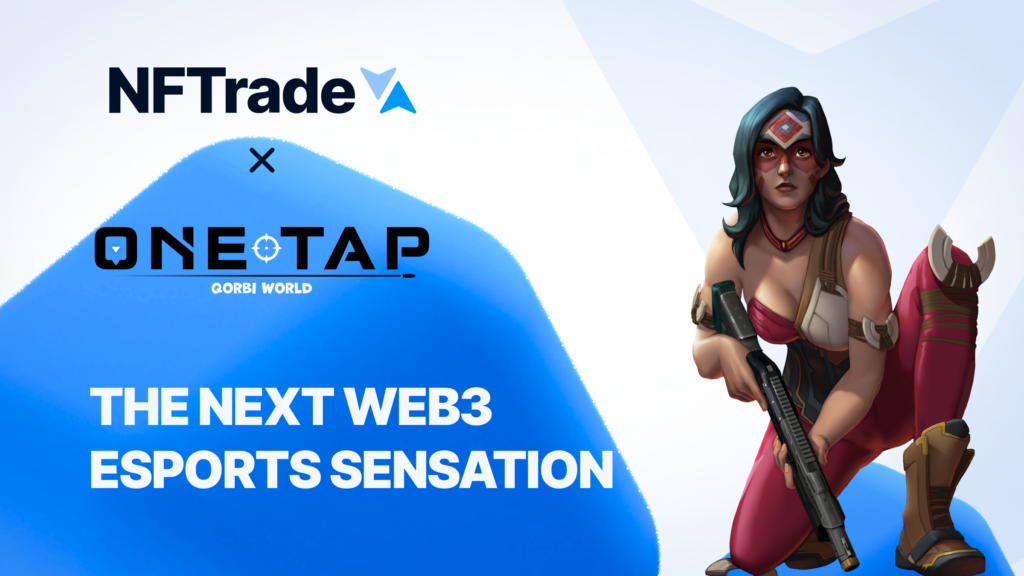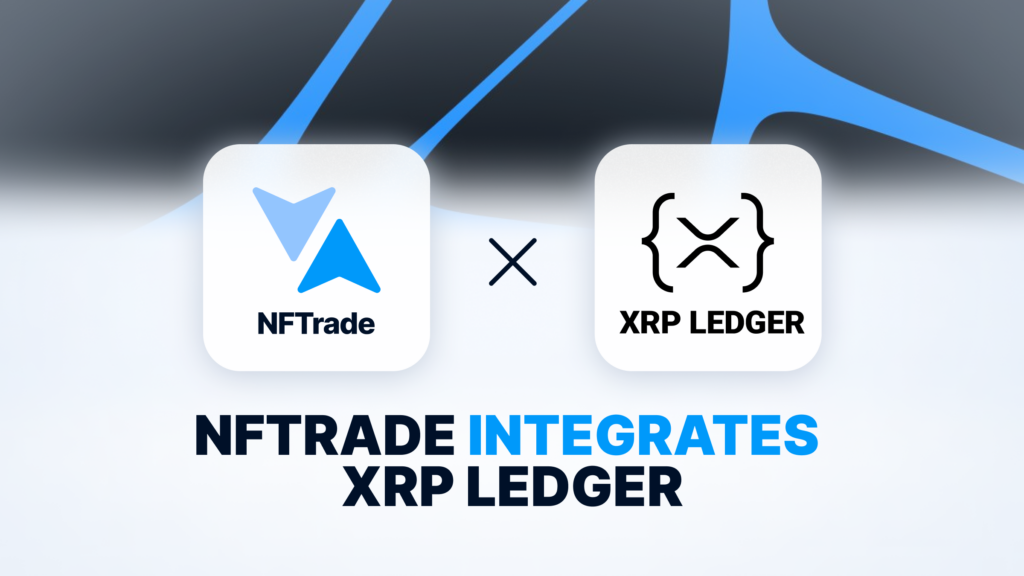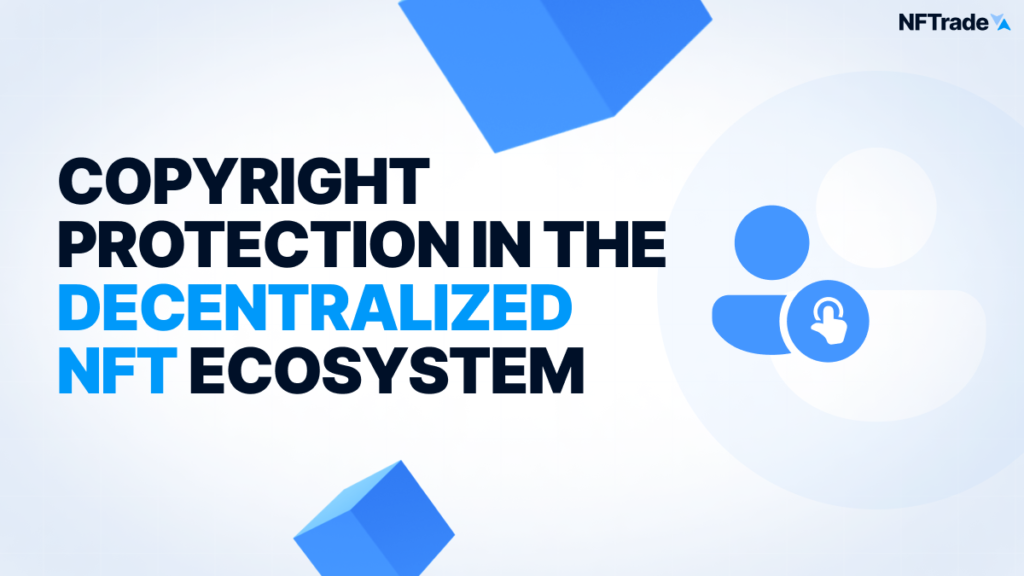Blog

Even before the onset of a global pandemic, the e-commerce industry has been growing at a tremendous rate, and now, that has been accelerated even further. Non-fungible tokens, better known as NFTs, present an opportunity to add additional value to the online shopping experience for consumers, sellers, and marketers, innovating within a growing industry that has not seen many recent additions. In 2019, global e-commerce was valued at $9.09 trillion, with the market expected to grow 14.7 percent from 2020–2027. Although this is massive growth, many parties are still excluded or unable to benefit from the e-commerce revolution. Through NFTs, this can all be changed.
Flaws in the e-Commerce Space
Unless you are a multinational conglomerate, it can be very challenging to secure significant promotion in the eyes of your potential customer base without paying a large sum. Advertising plays a massive role in e-commerce, propelling innumerable brands from obscurity to mainstream recognition, but it can be challenging to execute correctly without spending exorbitant amounts in fees. A large category of this advertising takes place in the form of influencer marketing, which can be challenging to navigate for both the brands themselves as well as the influencers promoting the campaign.
In the current influencer marketing infrastructure, only the cream-of-the-crop can secure brand deals, as generally, brands expect successful track records and large audiences from their partners before beginning an engagement. This leaves out most small and medium-sized influencers, some with even tens or hundreds of thousands of followers, from benefiting from their user base by promoting their favorite brands. In its current state, it can often be too risky and time-consuming for big brands to commit to influencers, and for smaller brands, they may not even have the capital required for these campaigns.
With non-fungible tokens, this can all be restructured, allowing influencers of any size to promote and sell products without even having to work with brands directly. This will serve everyone involved, allowing brands to safely get their products in front of more eyes, for influencers to easily earn sales commission, and for customers and users to discover new online products.
NFTs Bring e-Commerce to Life
Many view NFTs solely as a new digital medium to represent verifiably scarce art, but this use case is just the tip of the iceberg. One of the other many use cases available through NFTs is the representation of a physical good by a unique digital token acting as a voucher. This can be an NFT that represents a verifiably scarce and collectible item, such as a limited-edition sneaker, or any general item, regardless of how many copies the company produces.
With NFTs, any influencer of any size and within any niche can easily monetize their community, helping themselves, the sellers, and their future buyers. For example, let’s say you are a rock climber with a new but growing Instagram page. You have a few thousand dedicated followers, but it’s not the hundreds of thousands necessary to secure a deal from the rock climbing brand you and your followers favor. With NFTs, the rock climbing brand can represent a set amount of physical products in their inventory as NFTs that can then be easily shared across the world. If the specific NFT being promoted represents a rock climbing backpack, the NFT can be shared across the rock climbing world to interested buyers.
If you are an influencer interested in promoting this product, all you have to do is share the NFT with your community of followers. Once it is purchased via your promotion, you earn a commission for helping to facilitate the sale, making it easy for products to be sold via influencers without a specific brand deal set up.
This can be easily scaled as well, with the user able to redeem the NFT and have the product shipped to their house once they purchase the digital NFT counterpart. The NFT can represent a specifically numbered item or a general item in stock, with complete transparency and customizability on all ends. Through this method, a happy customer can get the product they want while supporting an influencer, the influencer can earn a pre-determined commission that would have been previously inaccessible, and the seller gets to sell another item.
With NFTs, e-Commerce can become a lot more decentralized and accessible to people all over the world.











